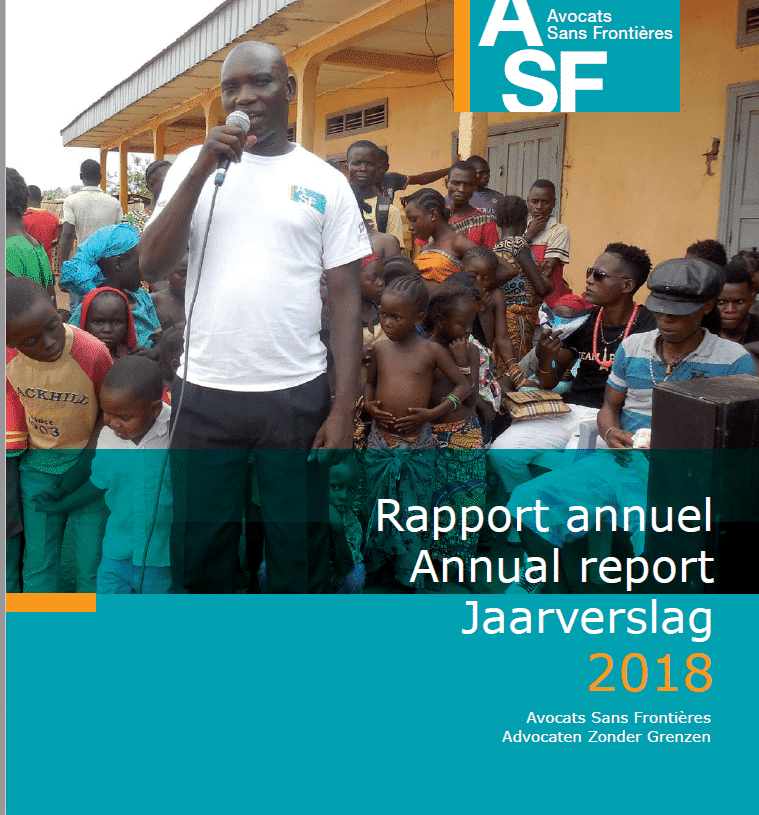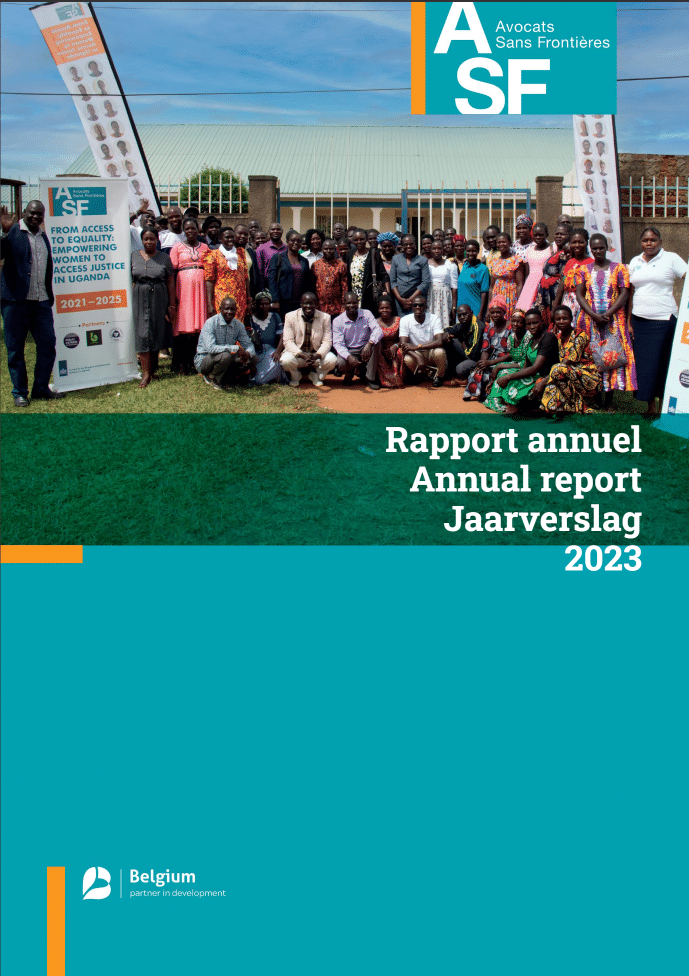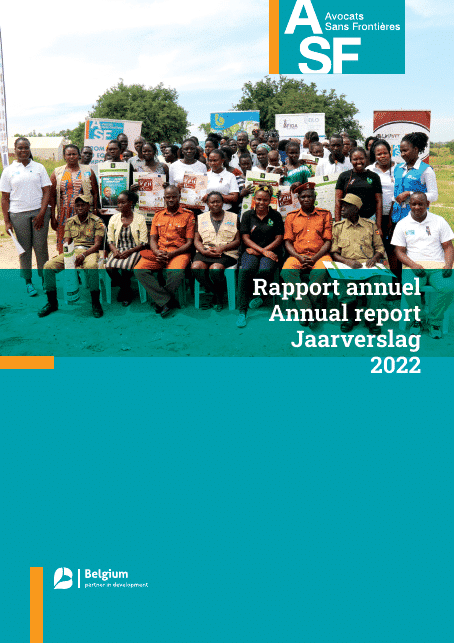Document-Type: Annual report
-

Tunisia: People in migration threatened by the rise of discriminatory rhetoric and policies
Because of its geographical position and proximity to the European coast, Tunisia has long been considered a major transit country for sub-Saharan migrants. However, heightened security measures and the militarization of the European Union’s borders, as well as border outsourcing policies, have meant that Tunisia has become a country of settlement for many people in…
-
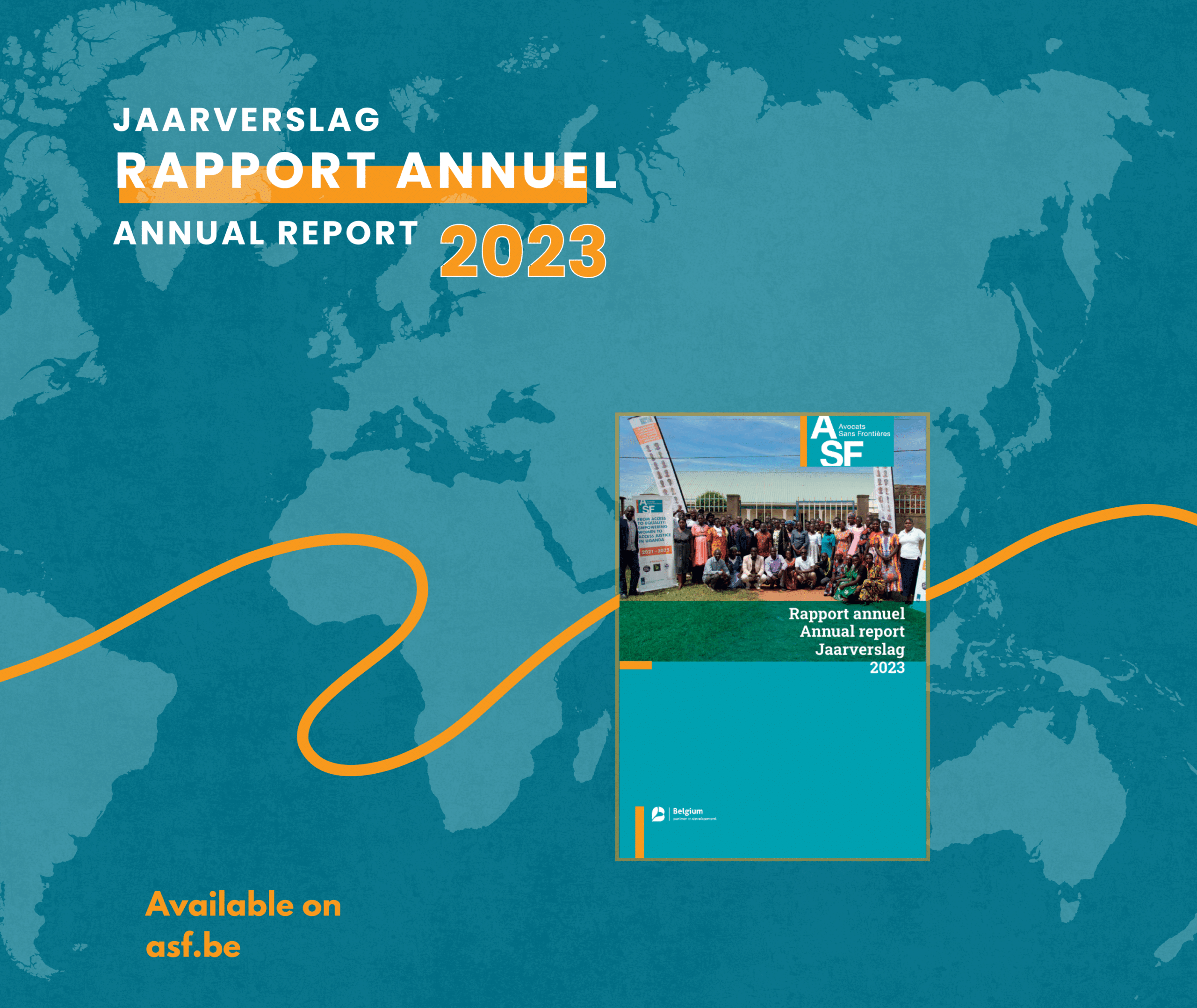
ASF’s annual report is available!
ASF has just published its 2023 annual report. In it, the organisation discusses the many challenges it faces at a time when authoritarianism is on the rise and the principles of human rights and the rule of law are being attacked throughout the world. In the face of these challenges, ASF is adapting and adapting…
-
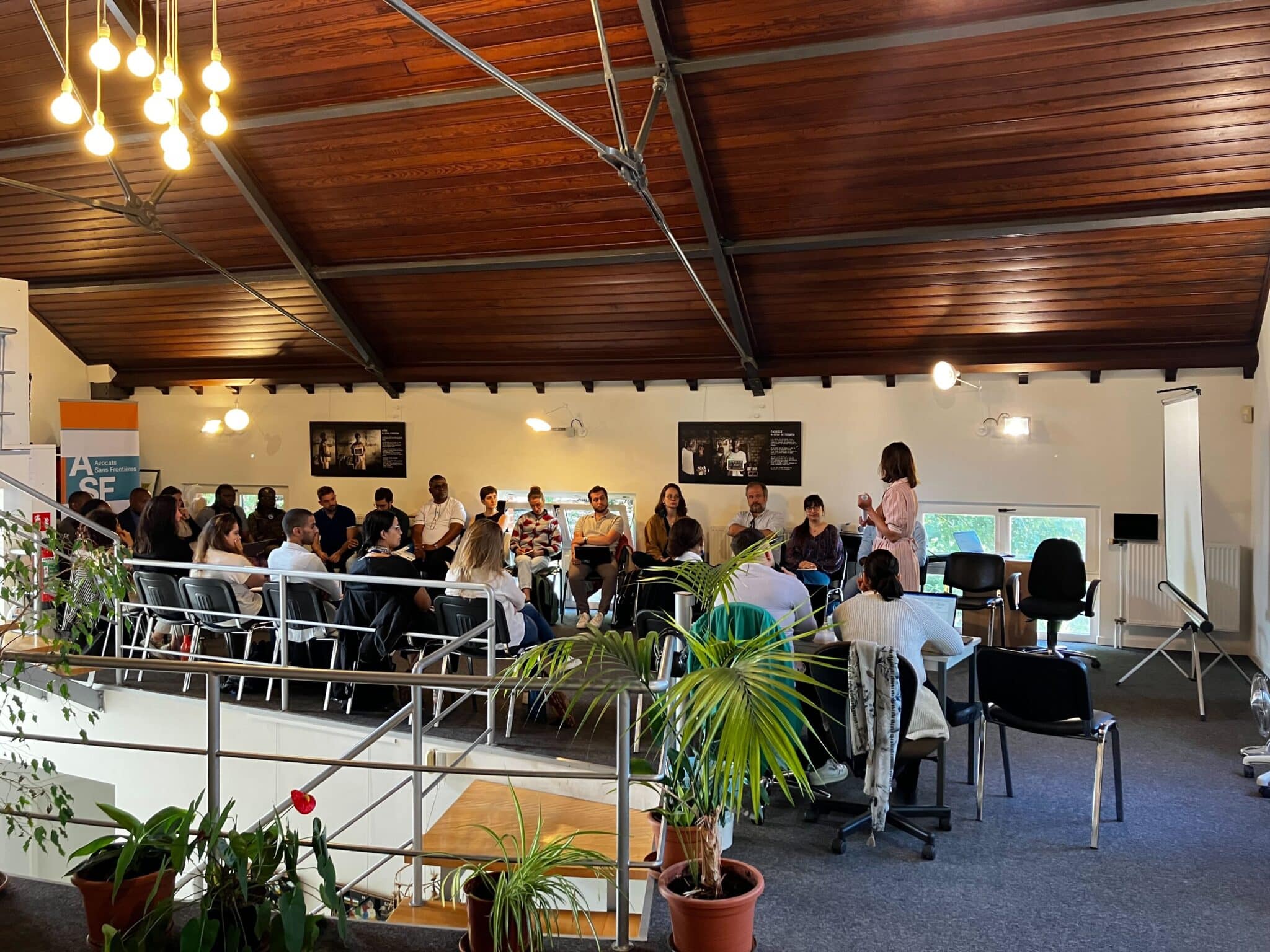
Development of regional approaches: The regional hubs
In order to develop an action that best promotes its mandate and is consistent with the specific needs of the national contexts it is involved in, ASF relies on solid analyses of the issues in the countries where it operates. Being anchored in the realities of the countries is essential in order to develop contextualised…
-
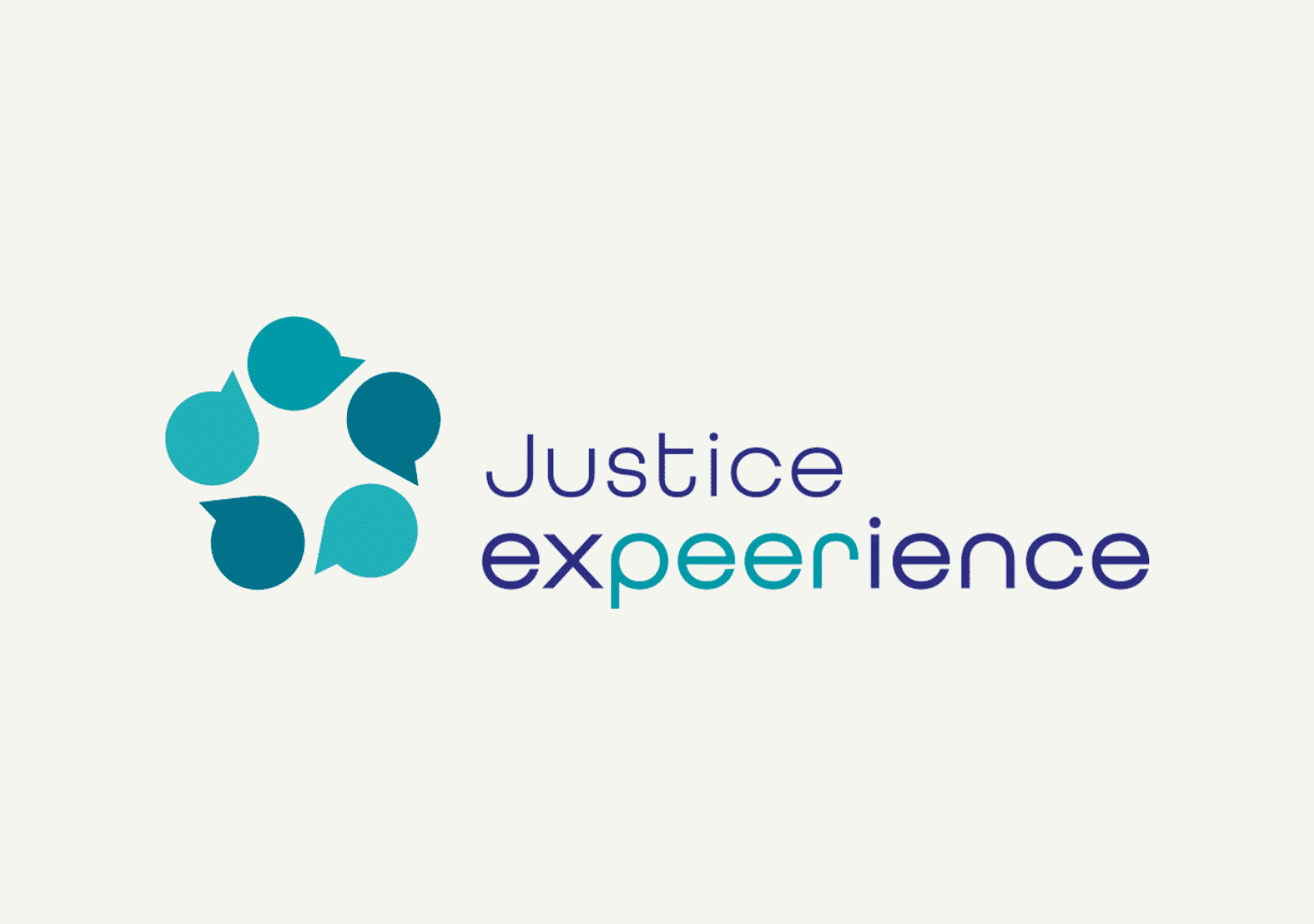
Justice ExPEERience: a network and a platform for the promotion of human rights
Justice ExPEERience is an international network of actors active in the promotion of human rights on all five continents. It is above all a collaborative network, in which members are invited to share their experiences and expertise, but also to work together, in coalitions or communities of practice, on concrete projects for monitoring human rights…
-
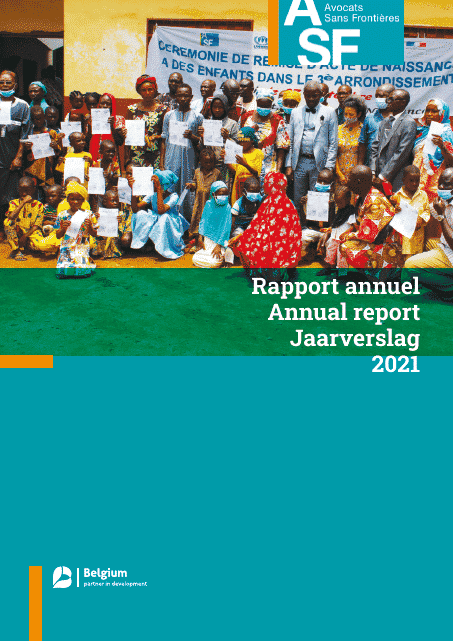
-

-
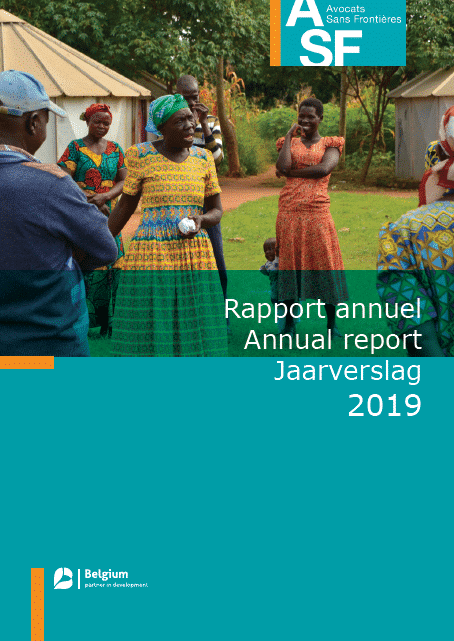
-
